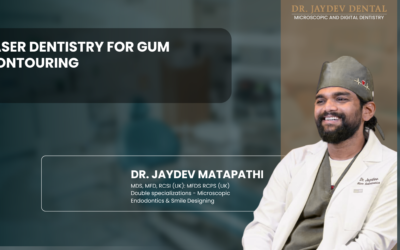Teeth Whitening Treatment in Hyderabad, India
A radiant smile has the power to leave lasting impressions, but over time, factors like coffee, tea, tobacco, and even aging can dull the natural brightness of our teeth. As aesthetic awareness grows, teeth whitening treatment in Hyderabad, India, has become one of the most popular and effective ways to rejuvenate a smile. This safe, non-invasive procedure offers instant results, boosting both appearance and confidence.
Dr. Jaydev, founder of the trusted Dr. Jaydev Dental Clinic in Hyderabad, India, shares:
“Teeth whitening is more than just a cosmetic upgrade — it’s a confidence enhancer. With advancements in whitening systems, we can now brighten smiles safely, effectively, and with results tailored to each patient’s needs and lifestyle.”
With India emerging as a global hub for affordable and advanced dental care, patients from around the world are turning to expert-led clinics like Dr. Jaydev’s for professional teeth whitening that delivers visible transformation — often in just a single session.
Teeth Whitening Treatments Provided at Dr. Jaydev Dental Clinic
Laser Teeth Whitening
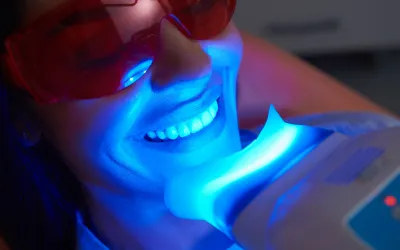
This advanced treatment uses a high-intensity laser to activate the whitening gel, breaking down deep stains quickly and effectively. It delivers immediate results and is ideal for those looking for a noticeably whiter smile in a single session.
In-Office Professional Whitening
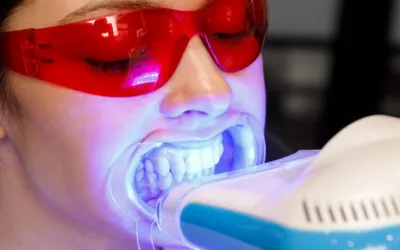
Performed under expert supervision, this treatment involves the application of a high-strength whitening gel to ensure even, consistent results while minimizing sensitivity. It’s safe, comfortable, and delivers a visibly brighter smile.
At-Home Whitening Kits
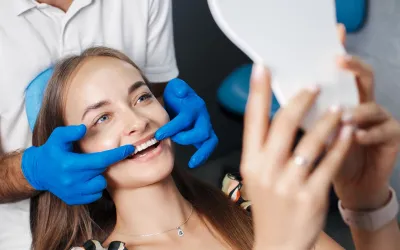
Zoom Teeth Whitening
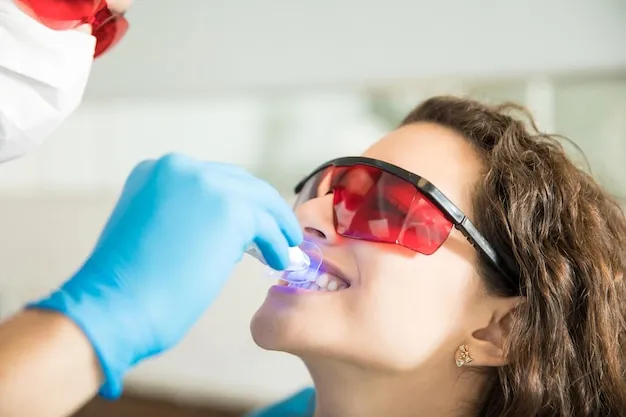
Zoom Teeth Whitening
Zoom uses a special LED light to accelerate the whitening process, providing dramatic results in just one visit. It’s a great choice for patients seeking fast, professional-grade whitening before an event or special occasion.
Why Choose Dr. Jaydev Dental Clinic?
Expert Dental Care
Dr. Jaydev is a highly experienced cosmetic dentist who has transformed countless smiles with safe and effective teeth whitening. Each treatment is carefully planned to suit your dental needs, ensuring optimal results in a clean, hygienic, and patient-first environment.
State-of-the-Art Technology
Personalized Treatment Plans
Safe and Lasting Results
Our whitening treatments are clinically safe, enamel-friendly, and designed to maintain your bright smile for the long term. We also provide post-treatment care guidance to help you preserve your results and protect your oral health.
Who is a Good Candidate for Teeth Whitening?
If your teeth are yellow or have stains, you can get them whitened. This happens when you get older. Smoking and eating certain foods can also stain your teeth. If you want to make your teeth whiter, this treatment is for you.

How Much Does Professional Teeth Whitening Cost in Hyderabad?
Years of Experience
Patients Treated
Complex Root Canals Treated
Dental Implants
Make Your Brighter Smile A Magnet. Professional Teeth Whitening Helps You In The Way!
Teeth Whitening Aftercare
Avoid Staining Foods and Beverages
Do not drink coffee, tea, red wine, or dark sodas. Do not have these for two days after you whiten your teeth. These drinks have colors that can stain your new white teeth. This will make your whitening not work as well.
Maintain Proper Oral Hygiene
Brush your teeth two times a day. Use toothpaste that helps whiten teeth. Floss your teeth every day. This helps stop stains. This helps stop plaque. This helps your teeth stay white longer. This helps your teeth stay healthy.
Use a Straw for Dark Beverages
If you have to drink dark drinks, use a straw. This helps the drink not touch your teeth. This helps stop your teeth from getting stained. This helps your smile stay bright.
Avoid Smoking and Tobacco Products
Smoking makes your teeth dark. Do not smoke. Do not use tobacco. This helps your teeth stay white. It also helps your mouth and body stay healthy.
Schedule Regular Dental Cleanings
Routine dental cleanings help remove surface stains and plaque buildup. Visiting your dentist every six months ensures that your whitening results remain long-lasting and effective.
Benefits of Professional Teeth Whitening vs. DIY Whitening Kits
Stronger and More Effective Results
Professional teeth whitening treatments use high-concentration bleaching agents that provide faster and more noticeable results compared to over-the-counter kits, which often require weeks of use for minor improvements.
Safer and Minimally Invasive
Long-Lasting Whitening Effects
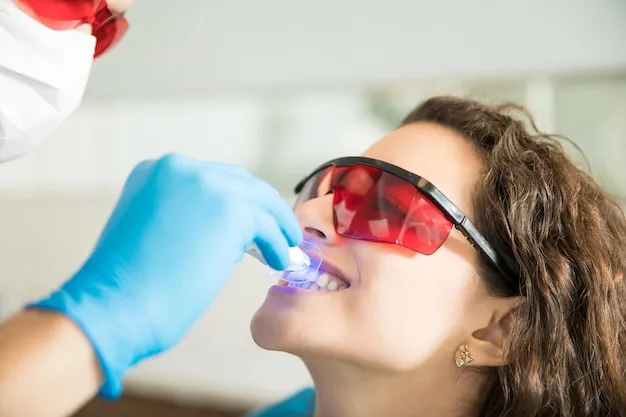
Customization and Personalization
Faster Results
Latest Blogs
Laser Dentistry for Gum Contouring ?
Laser dentistry is widely used in modern dental treatments, including gum contouring. Yes, laser technology can effectively reshape uneven or excessive gum tissue to improve smile aesthetics and gum symmetry. Laser gum contouring is a minimally invasive procedure that...
How Much Do Veneers Cost in India?
In India, veneers generally range from ₹3,000 to ₹25,000+ per tooth, depending on whether you choose composite or porcelain material. A complete smile makeover covering 6–10 teeth can cost between ₹60,000 and ₹2,50,000. Composite veneers are more budget-friendly...
How Long Do Veneers Last For ?
Wondering how long veneers last? Learn about veneer lifespan, key longevity factors, and expert veneer care at Jaydev Dental, Hyderabad. Dental veneers are thin, custom-made shells bonded to the front surface of teeth to improve their appearance. They are commonly...
